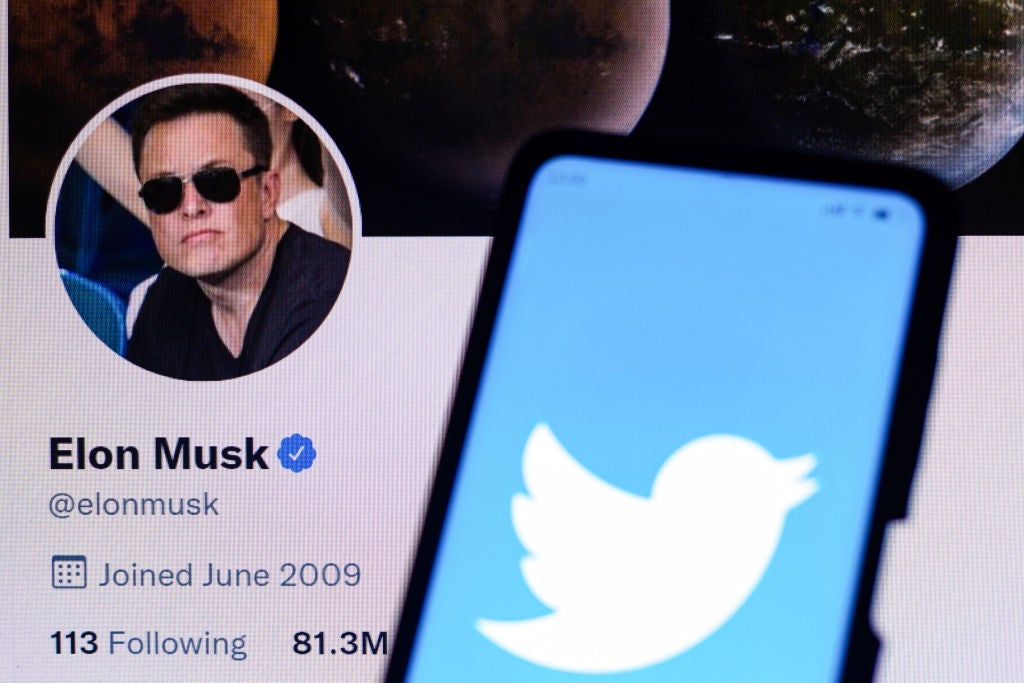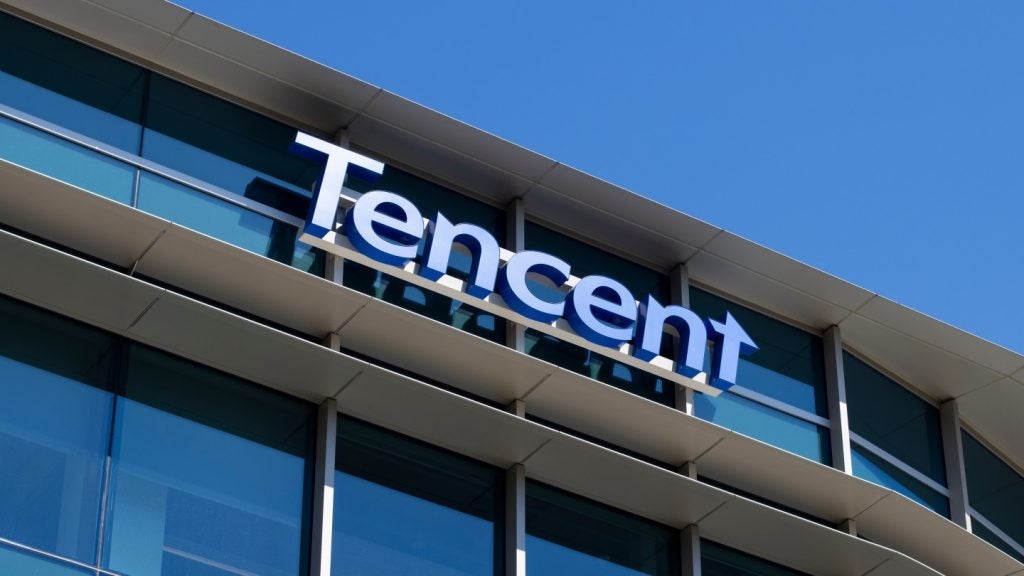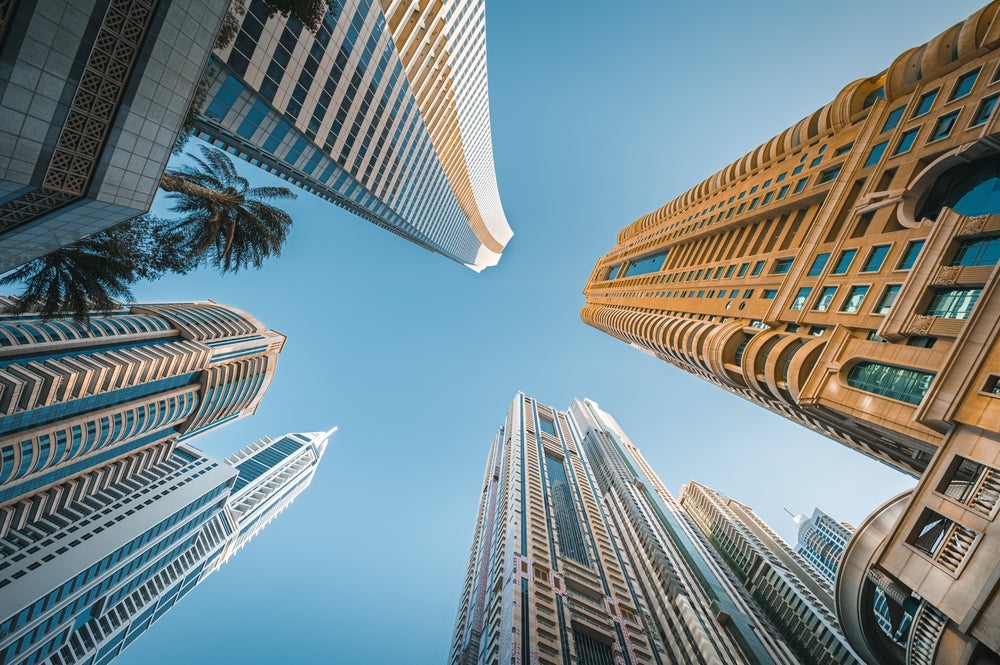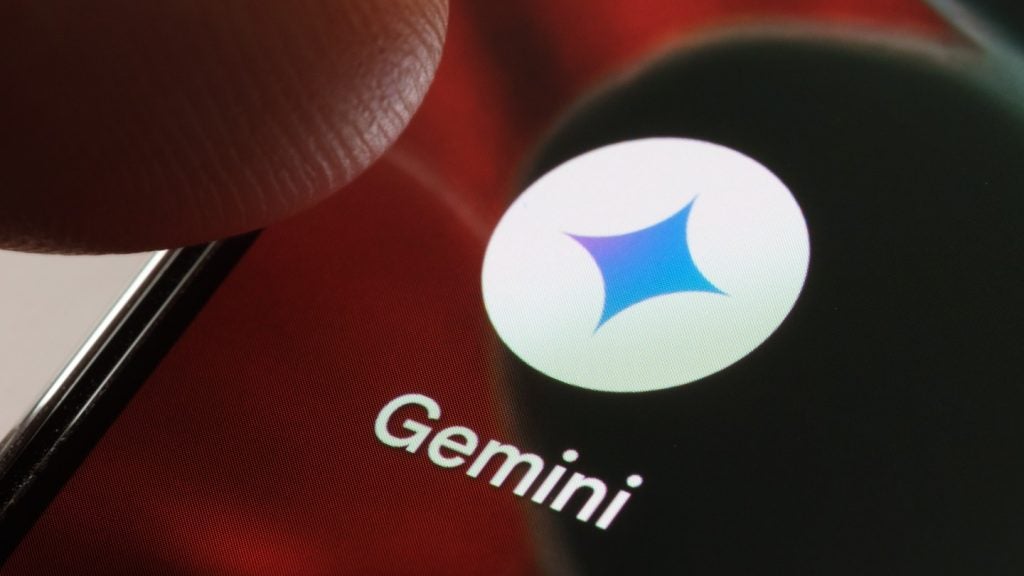
Tesla CEO Elon Musk’s $44bn acquisition of Twitter is leading the charge in Big Tech’s battle against global regulators. Big Tech companies, particularly those with global social media platforms, have long insisted that they are not responsible for the content posted on their platforms. But Twitter failed to tow the line – and now it is paying the ultimate price for breaking Silicon Valley’s tacit agreement to refrain from exercising editorial control. In 2021, it de-platformed former US President Donald Trump, along with other high-profile controversial figures, kicking off an increasingly polarising debate on free speech. Musk’s response was to put his immense wealth behind bringing Twitter back into the fold.
Taking Twitter private signals an important inflection point in the debate on Big Tech accountability. Musk is a self-proclaimed free speech absolutist. Addressing TED Vancouver on 14 April 2022, Musk said: “I don’t care about the economics at all [of buying Twitter]” and felt his actions were important “for the future of civilisation”. He will likely build Twitter in his own image as a platform with little or no regulation of content. And by doing so, he will be facing down regulators and giving grift to the notion that Silicon Valley billionaires have exceeded the wealth and power that any single individual should have in a working democracy.
Amid a broader Big Tech backlash, global policy-makers have become increasingly committed to the idea that social media platforms and online content aggregators such as Facebook, Google and Twitter should be regulated in the same way as other more traditional media companies. It remains to be seen whether even the richest man in the world can keep regulators at bay amid a growing consensus that Big Tech needs reining in.
Although government-enforced regulation remains anathema to Big Tech’s libertarian philosophy of a free internet, social media platforms have bowed to public and regulatory pressure by increasing their own content moderation resources and activity. Allegations of Trump’s incitement to violence, which resulted in the storming of the US Capitol in January 2021, saw him deplatformed from Twitter. While many agreed that Trump’s ban was a legitimate response to this civil unrest, it became harder for Big Tech, and indeed Twitter, to insist that social media platforms do not assume an editorial role.
The deplatforming of Trump, along with other high-profile public figures, from what is arguably the world’s most influential town hall forum did not sit well with the libertarian values – and free speech absolutism – of Silicon Valley’s elite, including Musk.
Global regulators tighten their grip on social media platforms
While Musk puts his money and influence behind an ideological stance of minimal content moderation for social media platforms, the European Commission’s Digital Services Act is making its way swiftly through the consultation phase towards legislation, and is expected to come into force in late 2022. Part of the Digital Services Act requires ‘gatekeeper’ digital media platforms (Big Tech by another name) to assume greater responsibility for content.
Meanwhile, the US Department of Justice and the Federal Trade Commission have launched antitrust lawsuits against Facebook and Google, increasing regulatory pressure on Big Tech. President Joe Biden has publicly called out Facebook for the manner in which it spreads misinformation and has advocated revoking Section 230 of the Communications Decency Act, which removes liability from a platform on which user content is posted.
In the UK, the Online Harms white paper published by the Department for Digital, Culture, Media and Sport in 2019 aims to “create a system of accountability and oversight for tech companies beyond self-regulation”. According to GlobalData thematic research, under the proposal, companies are responsible for published content that includes disinformation and extremist content.
In 2019, the Australian parliament introduced new laws holding social media company executives directly responsible for violent content shown on their platforms, punishable by prison. Companies could also be fined $7.7m or 10% of the site’s annual turnover, whichever is larger. On 21 March 2020, new legislation to combat online misinformation was announced whereby the Australian Communication and Media Authority was granted new powers to hold Big Tech companies accountable for harmful content on their platforms. Some have argued that this level of government control will lead social media companies to increasingly censor content rather than risk fines or hold executives personally liable.
A consensus for Big Tech government regulation
However, the argument for government control over hugely influential social media platforms gains traction with the prospect of the richest man in the world controlling a behemoth such as Twitter. Musk has indicated that he intends to make the site’s underlying algorithm public and contends that this guards against any censorship bias. Transparency around algorithms is, in fact, in line with the recommendations of the European Commission’s Digital Services Act.
The issue is not about who owns a platform or who leads it, according to Hosuk Lee Makiyama, a director at think tank the European Centre for International Political Economy. “The big picture is about the jurisdiction over the ecosystems,” he says. “US regulators want US companies to abide by their rules only, billionaires want to be able to drive their toys off a cliff if they want to and the EU wants to decide on who gets to provide a service to its citizens – but no one seems to think users are qualified to make the decision for themselves.”
It is still unclear whether Musk is proposing transparency for a self-regulating approach for Twitter or whether he will propose some other form of control. Either way, GlobalData’s head of thematic research, Cyrus Mewawalla, says that at a time when social media clearly needs regulation in order to act in the public interest, having a tech billionaire who has regularly scorned regulators is potentially troublesome. Musk has had his fair share of brushes with US regulators, having been under investigation by the Securities and Exchange Commission for his public statements.
Ultimately, Mewawalla says it doesn’t matter that Musk takes Twitter private. “Whether Twitter is private or public, it is still a social media platform with broad influence and therefore will be regulated,” he says.
Irrespective of its owner, Twitter will remain the world’s most influential discussion platform, and the issue of whether Big Tech social media businesses should be held accountable for content will remain in the spotlight. Musk’s life mission of creating sustainable energy for the planet appears to have taken a sharp segue with his focus on Twitter and free speech, which only serves to highlight just how existential the issue of Big Tech’s online accountability has become.
How well do you really know your competitors?
Access the most comprehensive Company Profiles on the market, powered by GlobalData. Save hours of research. Gain competitive edge.

Thank you!
Your download email will arrive shortly
Not ready to buy yet? Download a free sample
We are confident about the unique quality of our Company Profiles. However, we want you to make the most beneficial decision for your business, so we offer a free sample that you can download by submitting the below form
By GlobalData






